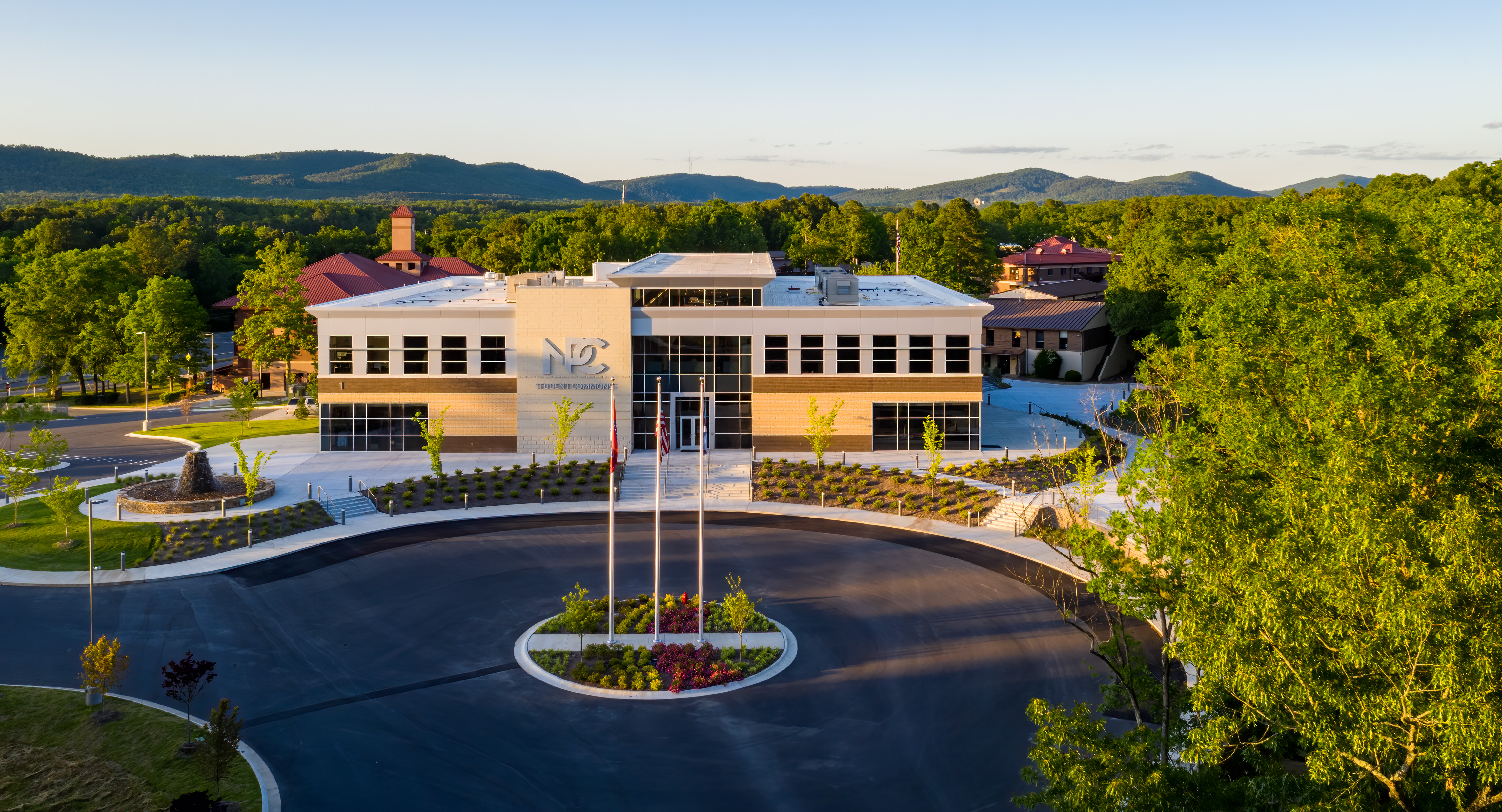FAQ Contents
You can find answers to the following questions on this page:
- How do I become a Technician/Mechanic?
- How much does it pay?
- How much does school cost?
- How long is the program?
- How much are tools/supplies?
- Where can I get a job?
- What areas of repair are taught?
Didn't find what you were looking for? Contact us!

